Can students learn German at home without a teacher? As an online provider of language courses, the Museum of Knowledge team is often asked which key skills need to be borne in mind for effective language learning. For students learning German, how can this be facilitated without a traditional teacher in a physical classroom environment?
First let us address the core benefits of a traditional face-to-face teacher. Of course private tuition is one of the best ways to reach high levels of competency and will ensure students learn German with ease. Alternatively, teaching in small classes of no more than six people is also highly effective. That notwithstanding, private tuition and small classes often incur high costs for those students seeking regular tuition so that they can learn German to a high standard.
Customized or shall we say personalized language learning can be more cost effectively achieved by online learning techniques developed by the Museum of Knowledge team. The adoption of structured module based language learning technique is how the Museum of Knowledge develops its core disciplines for students who wish to learn German without a traditional face-to-face teacher. Students who wish to learn German should also bear in mind that sentence construction and grammar may seem difficult at first, hence the reason why many aspects of the personalized tools offered at the Museum of Knowledge may be beneficial.
Despite the fact that students who wish to learn German can indeed do so at home, the Museum of Knowledge team wishes to point out that all aspects of the language learning programmes the team develops are done so that teachers can also utilize content and study guides for their own students. Therefore the notion that teachers are completely removed from the teaching process just because they may not be physically present in a classroom environment is a false one.





